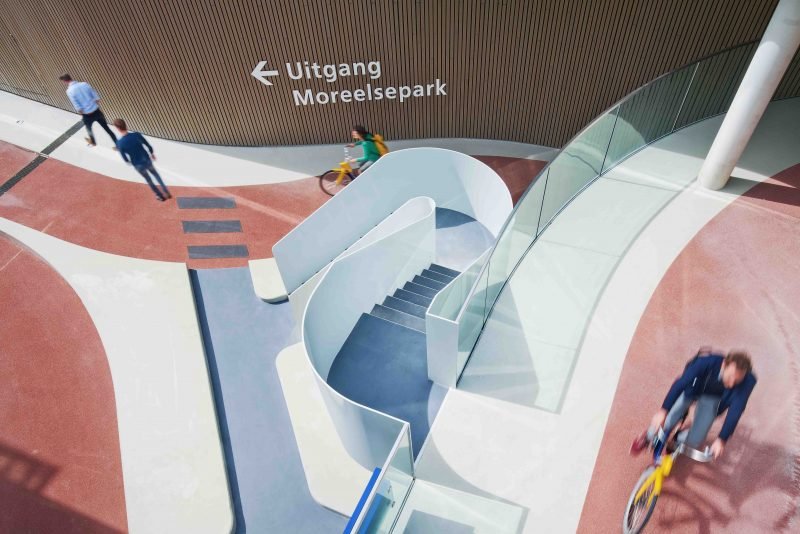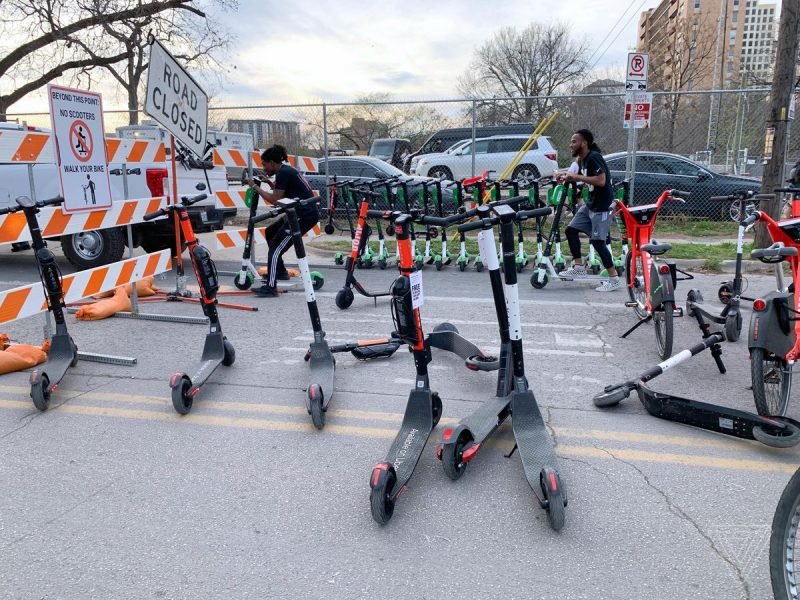Cyclists Hack Bike Lanes In Nebraska With Toilet Plungers
While most American cities continue to be dominated by cars, including the corresponding car-centric infrastructure, bikes are slowly stepping into the mix. Not only progressive cities like San Francisco or Portland are making steps to promote cycling, also places like Omaha in Nebraska are doing their part. But according to a group of bike safety advocates, the city is not paying enough attention to their safety.
Omaha is trying to expand the available modes of transportation in the city by creating bike lanes and setting up a bike-sharing system. However, protected bike lanes remain something the city is lacking. That’s why a group of cycling enthusiasts glued 120 reflective tape-wrapped toilet plungers along an unprotected bike lane in Omaha’s Aksarben neighborhood. The busy street is a frequent site for crashes, including a fatal collision two years ago.

The group hoped the installation would show the city that protected bike lanes would slow traffic and make the street safer for everyone. The plan was to remove the plungers themselves after 36 hours, but Omaha’s City Public Works Department reacted quickly and removed them after only four hours. The local government’s reaction stated they they were looking into methods of increasing traffic safety, but there was no budget available for protected bike lanes.


Toilet plungers seem to be the latest guerrilla trend of tactical urbanism to create attention for safer roads. After flower pots, planters and traffic cones were put in place to create a safer environment for cyclists in many American cities, a group in San Francisco created something more durable when they put their very own soft-hit posts on the streets. The transport authority decided to keep the fortified bike lanes until it can build its own version, showing how local governments are taking the pop-up safety measure more seriously. In Wichita, Kansas, and Providence, Rhode Island, the toilet plungers were first used to demarcate bike lanes, and at least in Kansas it has resulted in permanent posts created by the city government itself.



